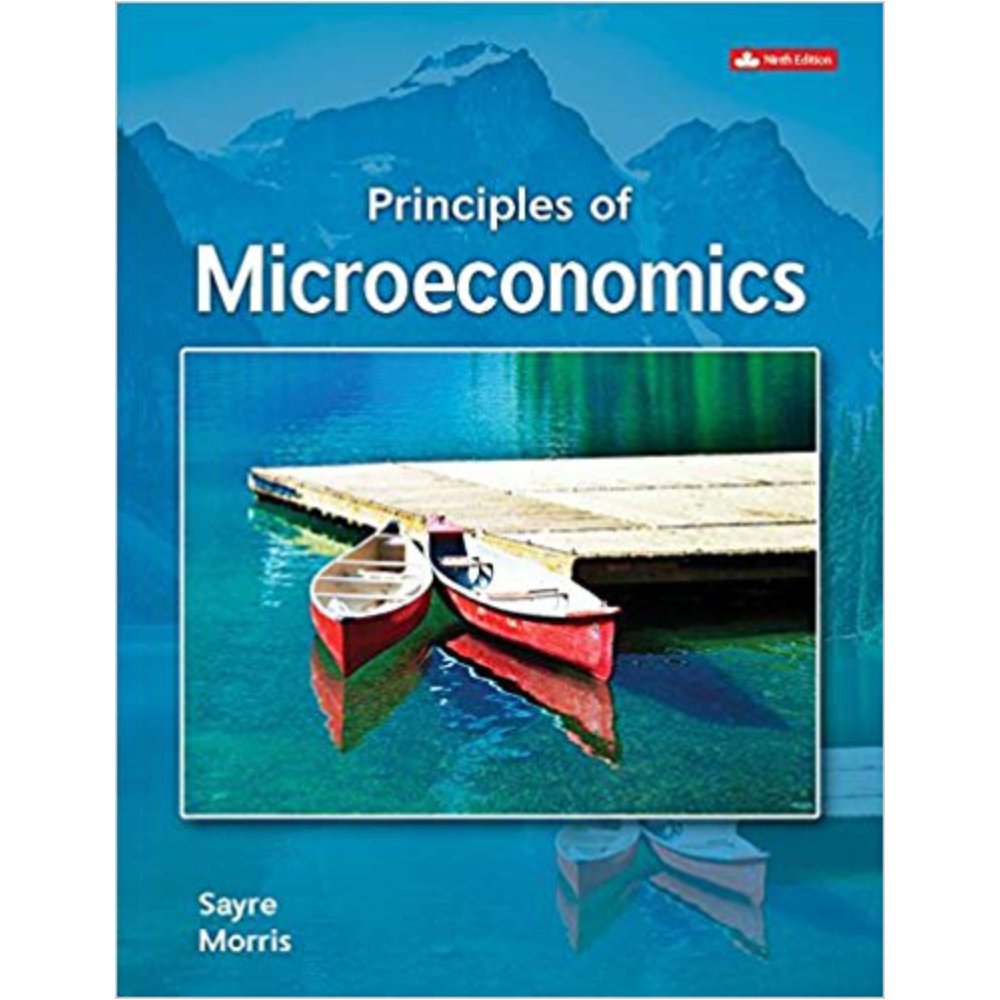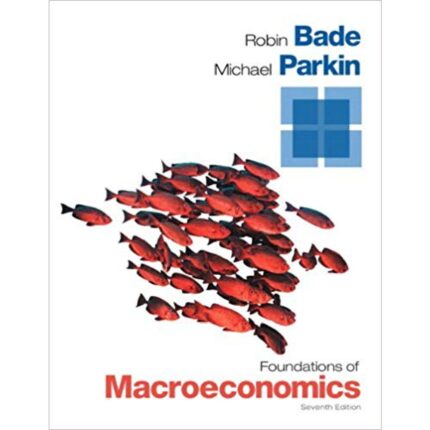Overview
Multiple Choice Questions
- What is imperfect competition?
A.A market structure in which firms always collude.
B. A market structure in which producers are identifiable and have some control over price.
C. A market structure in which firms try to compete but find it impossible.
D. A market structure in which the government greatly intervenes.
E. A market structure in which producers are identifiable but have no control over price.
Accessibility: Keyboard Navigation
Blooms: Remember
Blooms: Understand
Difficulty: Easy
Learning Objective: 11-02 Differentiate between the two types of imperfect competition.
Topic: 11-02 The Difference Between the Two Types of Imperfect Competition
- Which term best describes the attempt by firms to distinguish their products from those of their competitors?
A.Product differentiation.
B. Competition.
C. Mutual interdependence.
D. Franchising.
E. Entry.
Accessibility: Keyboard Navigation
Blooms: Remember
Blooms: Understand
Difficulty: Easy
Learning Objective: 11-01 Explain the importance and effects of product differentiation; including advertising.
Topic: 11-01 Product Differentiation Product Differentiation
- What is product differentiation?
A.Charging different customers different prices for the same product.
B. The attempt by a firm to distinguish its product from the competition by charging a different price.
C. The attempt by a firm to distinguish its product from the competition using non-price methods.
D. Charging customers different prices for different products.
Accessibility: Keyboard Navigation
Blooms: Remember
Blooms: Understand
Difficulty: Easy
Learning Objective: 11-01 Explain the importance and effects of product differentiation; including advertising.
Topic: 11-01 Product Differentiation Product Differentiation
- All of the following, except one, are examples of product differentiation. Which is the exception?
A.The use of a logo.
B. Advertising.
C. Establishing a brand name.
D. The use of marketing boards.
E. Product development.
Accessibility: Keyboard Navigation
Blooms: Remember
Blooms: Understand
Difficulty: Easy
Learning Objective: 11-01 Explain the importance and effects of product differentiation; including advertising.
Topic: 11-01 Product Differentiation Product Differentiation
- All of the following, except one, are aspects of oligopoly that can be analyzed by game theory. Which is the exception?
A.Firm interdependence.
B. The advantages of successful collusion.
C. That pricing decisions based on the anticipated action of rival firms will lead to low prices.
D. The importance of trust between firms in order for collusion to be successful.
E. Concentration ratio.
Accessibility: Keyboard Navigation
Blooms: Remember
Blooms: Understand
Difficulty: Easy
Learning Objective: 11-04 Describe the main characteristics of oligopoly markets.
Topic: 11-08 The Temptation to Collude
- On which of the following does game theory focus?
A.Prices, revenues and costs.
B. Prices, elasticity and costs.
C. Entry, revenues and costs.
D. Entry, interdependence and strategies.
E. Interdependence, strategies and pay-offs.
Accessibility: Keyboard Navigation
Blooms: Remember
Blooms: Understand
Difficulty: Easy
Learning Objective: 11-05 Explain why large firms are often tempted to collude and form cartels.
Topic: 11-09 Collusive Oligopoly
- All of the following, except one, could be used to support the position that advertising is wasteful?
A.The huge sums of money spent on advertising to try to persuade consumers could be better spent in more socially desirable ways.
B. The huge sums of money spent on advertising create barriers to entry in many industries and thus weaken competition.
C. The huge sums of money spent on advertising must raise the price of the advertised products.
D. The huge sums of money spent on advertising
- Refer to the information above to answer this question. Which of the following statements is correct if no agreement between Calvin and Hobbs is in place and each is considering what to do in terms of its advertising budget?
A.If Calvin adopts a high advertising budget and Hobbs does not, then Calvin will earn $300 in profits.
B. If Calvin adopts a high advertising budget and Hobbs does not, then Hobbs will earn $800 in profits.
C. If Hobbs adopts a high advertising budget and Calvin does not, then Calvin will earn $800 in profits.
D. If Hobbs adopts a high advertising budget and Calvin does not, then Hobbs will earn $300 in profits.
E. Collusion and trust between Calvin and Hobbs is necessary if both are to adopt and maintain a low advertising budget.
- Refer to the information above to answer this question. Which of the following statements is correct if no agreement between Calvin and Hobbs is in place and each is considering what to do in terms of its advertising budget?
A.If Calvin adopts a high advertising budget, then Hobbs should adopt a low budget.
B. If Calvin adopts a high advertising budget, then Hobbs should also.
C. If Calvin adopts a low advertising budget, then Hobbs should also.
D. If Hobbs adopts a low advertising budget, then Calvin should also.
Blooms: Analyze
Blooms: Apply
Difficulty: Hard
Learning Objective: 11-05 Explain why large firms are often tempted to collude and form cartels.
Topic: 11-09 Collusive Oligopoly
- Refer to the information above to answer this question. All of the following statements expect one, is correct if no agreement between Calvin and Hobbs is in place and each is considering what to do in terms of its advertising budget?
A.Collusion and trust between Calvin and Hobbs is necessary if both are to adopt and maintain a low advertising budget.
B. Without collusion and trust between Calvin and Hobbs, both will adopt a high advertising budget.
C. If Calvin adopts a low advertising budget, then Hobbs will be in a position to profit from this.
D. If Hobbs adopts a low advertising budget, then Calvin will be in a position to profit from this.
E. If Hobbs adopts a high advertising budget and Calvin does not, then Hobbs will earn $300 in profits.













Reviews
There are no reviews yet.